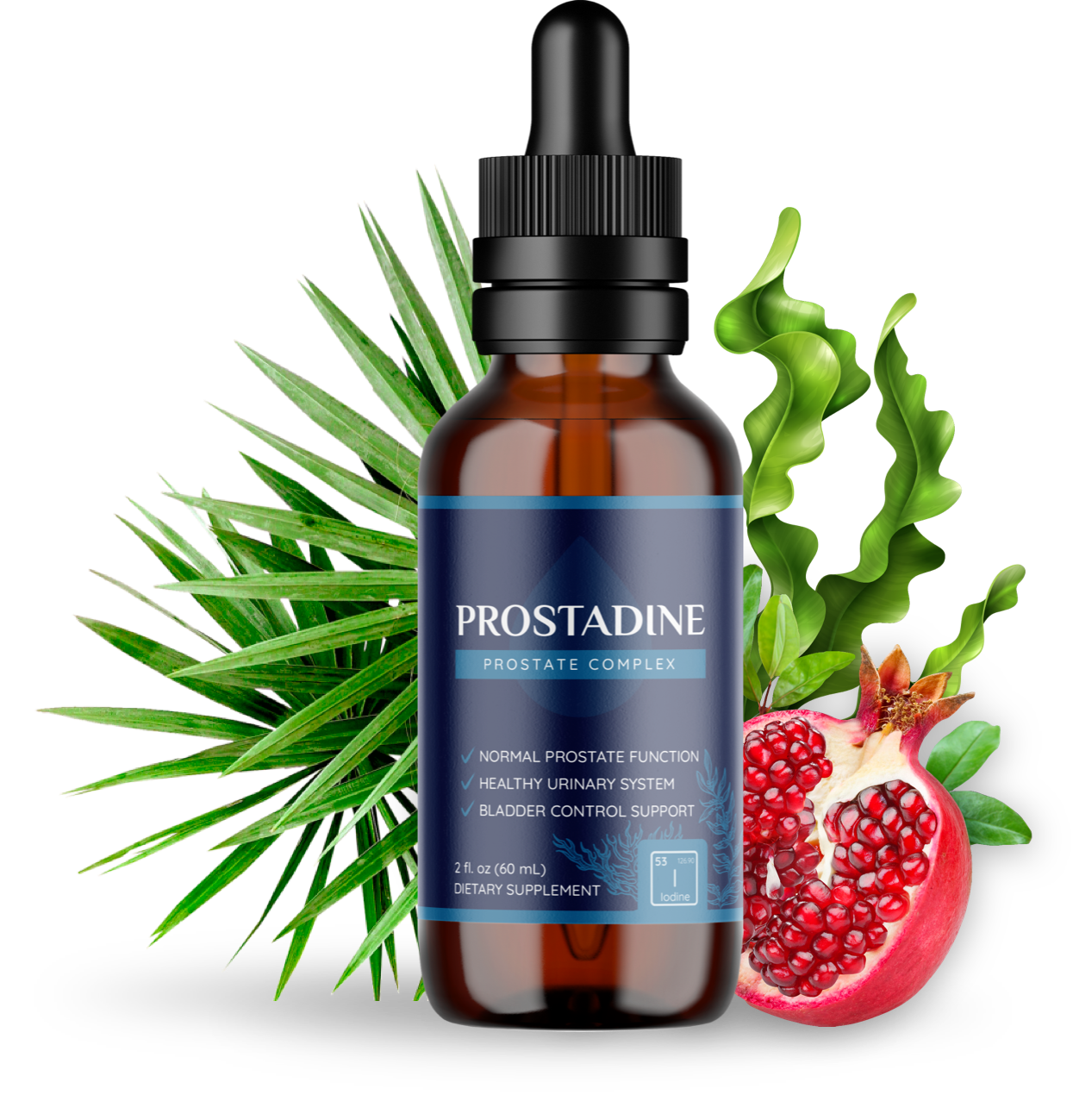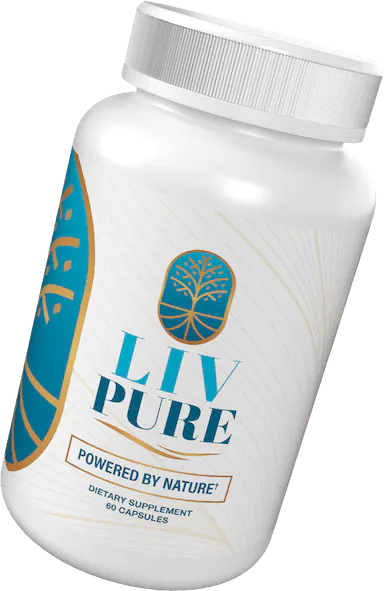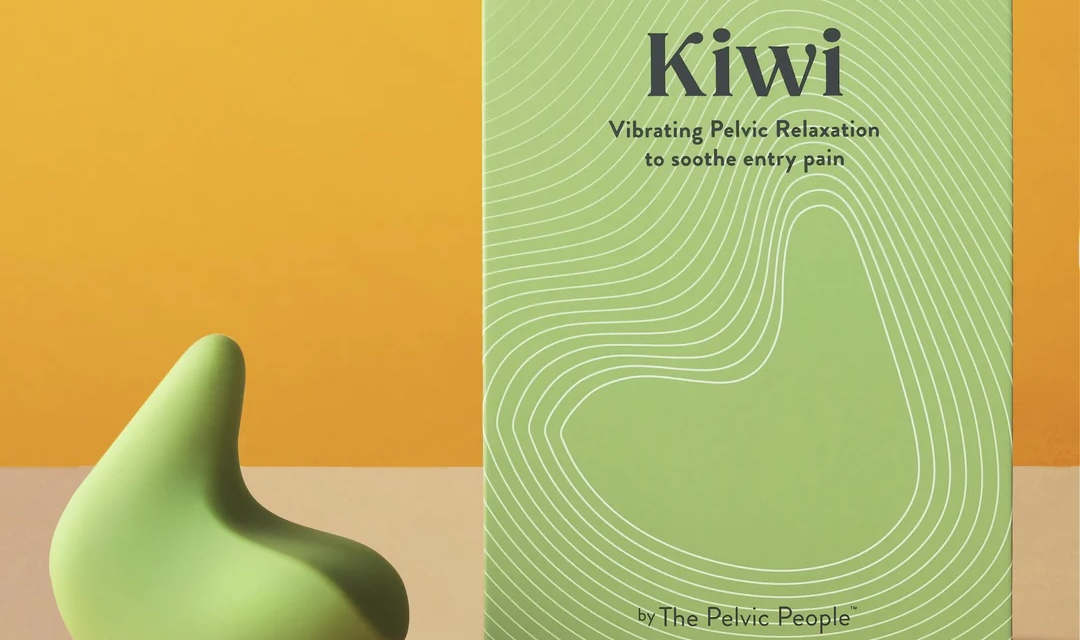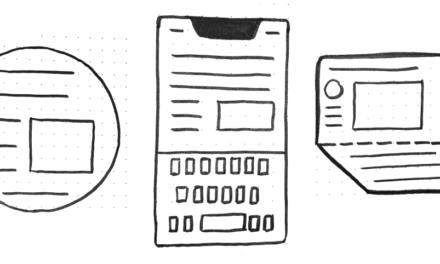Experts tips to avoid feeling *so* tired when we lose an hour of sleep.
When people learn I’m a sex journalist, they often make the assumption that my sex life is all leather and lovemaking, kink and kissing. But just as the OG sex writer Carrie Bradshaw’s love life was mostly doom and gloom, so, too, was there a time when my sex life was more pain than pleasure. The short of it is, I have a hypertonic pelvic floor, meaning that my pelvic floor muscles are not able to fully relax, which can cause me pain with penetration when my symptoms flare. So, you can imagine my excitement when I heard about Kiwi ($115), a new sex-toy-meets-pelvic-tool from The Pelvic People.
Created by the brand behind the beloved Ohnut (a penis bumper designed to help with pain from deep penetration), Kiwi is the first-ever therapeutic pelvic floor device that doubles as a pleasure aid. “A bridge between sex toys and pelvic floor medical devices, Kiwi was designed to relieve entry pain, while also providing the sensation of pleasure,” says founder and CEO of The Pelvic People Emily Sauer. In other words, it’s exactly the kind of tool made for me and the other 75 percent of vulva-owners who report experiencing pain during sex at some point… but who want to experience pleasure vis-à-vis their vajeen.
Kiwi is a pleasure product and a pelvic floor muscle pre- and rehab tool all in one. The shape of the vibrating tool allows it to be used in a wide variety of ways, including for muscle massage, shallow vaginal or anal penetration, external vibration, and pinpointed tension release.
Size: 3.25″ x 3.5″
Insertable length: 1.5″
Insertable girth: 0.5-1″ (from narrowest to widest point)
Material: Medical-grade silicone
Charging time: 120 minutes
Battery life: 60 to 90 minutes, depending on intensity of use
Pros:
- Designed specifically for shallow penetration
- 4 different vibration intensities
- Non-obtrusive size and shape makes it usable during solo, partnered, or multi-partnered play
- Two motors help disperse vibrations throughout toy
- Comes with beginner-friendly user guide and online tutorials
- Anal-safe
- Versatile
Cons:
- Splashproof but not waterproof
- Like other silicone toys, cannot be used with silicone-based lubricants
- Has somewhat of a learning curve to use, due to the unique shape
- Like other motorized toys, cannot be washed in a dishwasher
In the name of investigative journalism as well as remedying my personal penetrative pains, I gave the Kiwi a try… and then another one. Below, read all about my experience with the Kiwi from The Pelvic People, plus learn what to do if you’re experiencing pain with sexual penetration, and how to tell if the Kiwi is the right tool-meets-toy for you.
How does the Kiwi from The Pelvic Floor People work?
Is it a sex toy? Is it a pelvic floor rehabilitation tool? Is it a massager? Is it a postpartum pain reliever? You couldn’t play a raunchy 20 questions with the Kiwi, because yes, it is all of the above. Developed with the help of pelvic floor therapists, clinicians, and real-life pleasure-seekers navigating dyspareunia (pain during sex), the Kiwi is a “multi-purpose vibrating device that is designed to help ease a range of pelvic pains, and also provide pleasure,” says Sauer.
The first thing you need to know about the Kiwi is that there are two motors contained within its small body that enable it to vibrate at four different speeds. Vibration is a common feature among sex toys because it can stimulate an erogenous zone at a higher intensity or for a longer duration than is possible with human body parts alone.
What most people don’t realize, however, is that “vibration is [also] a tool used in pelvic floor physical therapy to create a relaxation response in the muscles,” explains pelvic floor therapist Heather Jeffcoat, DPT, author of Sex Without Pain: A Self-Treatment Guide to the Sex Life You Deserve.
“Vibration is a tool used in pelvic floor physical therapy to create a relaxation response in the muscles.” —Heather Jeffcoat, DPT, pelvic floor therapist
In general, applying vibration to muscles can help relieve pain, reduce muscle spasms, and increase blood flow, says Dr. Jeffcoat. When applied to the pelvic floor muscles (as with the Kiwi from The Pelvic People), such benefits can ease pelvic floor tightness—like the kind I have—and help with associated pain during penetration.
While many vibrating sex toys are shaped like penises or microphones and most medical tools look like torture devices (talking about you, speculums!), the Kiwi is shaped like a bubble-letter comma, “which enables the tool to offer three different types of stimulation,” explains Sauer, each of which can offer pleasure or pelvic pain relief (or both).
The broad, rounded side of the toy can be used as an external vibrator or muscle massager, whether focusing on the pelvic floor area or other erogenous zones. In particular, Dr. Jeffcoat suggests using it to apply vibration and pressure to the perineum, or the swath of skin between the vulva and the anal opening, which connects to a variety of pelvic floor muscles. “Rocking against this hot-spot can help the entire pelvic floor relax,” she says.
If even that causes discomfort or pain, though, Sauer suggests using this portion of the toy to massage your belly, butt, and thighs. “Tension in these areas can contribute to internal muscle tension, so massaging them can be helpful, too,” she says. Plus, it enables you to experience the pleasure of muscle-relief and vibration outside of the genital region.
The narrow, pointed end of the tool (the tail of the comma) is designed to massage trigger points, says Sauer. People with scar tissue can press this end into their perineum, anal opening, or vaginal opening, to help break this up. Sexual assault survivors, people who recently gave birth, people who once had pelvic surgery or pelvic inflammatory disease, and people with endometriosis, for example, may all benefit from trigger relief.
This slim, short nub—just 1.5 inches long and less than one inch thick—can also be used for shallow vaginal or anal dilation, says Sauer, and can make penetration accessible and pleasurable for people who otherwise find it painful.
Finally, there is the medium end of the toy, which can be used the way a clitoral vibrator traditionally would be, says Sauer, to achieve pleasurable stimulation of the clitoris and other external vaginal pleasure zones. “You can explore your labia, vulva, clitoris, and around the vaginal opening with this part of the toy,” she says.
My experience using the Kiwi, as a person with pelvic floor dysfunction
Because of my hypertonic pelvic floor, you could say I have a certifiably extra-tight pussy, to put it crassly. But to put it more realistically: Whenever I’m having a flare-up of my symptoms, penetrative play can be very painful. Though I’ve managed my symptoms in the seven years since my diagnosis (with relaxation exercises, vaginal dilator use, pelvic floor therapy, and an expansive understanding of sex), they tend to recur during periods of high stress. And that’s exactly what was happening when I received my Kiwi from The Pelvic People this winter.
Graduate school application deadlines and a relationship breakup had converged, and my pelvic floor felt as tight and tense as ever. In this state, I was hardly in the mood to even try the Kiwi once it was in my hands. After all, nobody wants to have sex that feels bad—and no, if you’re a person experiencing pain during sex, the adage that, “Like pizza, even bad sex is good” is simply untrue.
But then I chatted with Sauer, who advised me to take any pressure away from the experiment. “Try to remember that there is no pressure to use Kiwi in any particular way, or for any particular duration of time,” she told me. “There is no goal at all besides feeling good.” Turns out, that advice was exactly what I needed.
That evening, after an Everything Shower, I was feeling more relaxed. So, rather than putting on my flannel kitty-cat pajamas, brewing up a cup of mushroom hot cocoa, and curling up with my pup to watch Love Is Blind, I laid a towel on my bed, put on a lovemaking playlist, and then took out my Kiwi and my fave water-based lubricant.
When I turned on the Kiwi, I was immediately impressed by just how powerful all four of the vibration settings are. Rather than being buzzy and low-intensity as smaller vibrators tend to be, the Kiwi is rumbly! Due to the discomfort I’d been experiencing recently, it had been a minute since I’d masturbated or used a vibrator at all. So, I was nervous the vibration would be too intense for me.
I folded a corner of my towel over my genitals and spent a few minutes getting used to the sensation. Boy oh boy, did this feel good. Like, good good. For the first time since my condition started acting up, I was reacquainted with the familiar sensation of blood rushing between my legs and my clit throbbing in pleasurable surprise.
For the first time since my condition started acting up, I was reacquainted with the familiar sensation of blood rushing between my legs and my clit throbbing in pleasurable surprise.
When I was properly aroused, I removed the towel barrier and applied a thick layer of lube all over my vulva and taint, as well as to the toy. Next, I explored pressing the Kiwi against my vulva at varying angles, enjoying the way that a slight shift of my hand would change up the sensation.
Ultimately, I found that using the slightly-edged curve of the toy to provide direct stimulation against my clit felt best that day and let the toy bring me to orgasm. Sometimes, orgasming can exacerbate my condition because the symphony of pelvic-floor contractions that accompanies climax can cause those muscles to get even more locked up. But this time, I felt nothing but pleasure during or after orgasm. Happy day, indeed!
I enjoyed my playtime with the Kiwi so much that I took it out the next night, too. This time, I was curious how the pinpointed, narrow corner might feel. I don’t personally have any pelvic floor scarring, so I didn’t use the tip for that purpose. However, I did use the nub to stimulate my vaginal opening. After a little experimentation, I found that I most enjoyed using my left hand to hold the penetrative tip inside me, while using my right hand to touch myself.
While I didn’t orgasm on this particular day, likely due to stress, I plan to keep the Kiwi in regular rotation both during and outside of my pelvic pain flare-ups. So, I look forward to seeing if this combo of slight internal stimulation with the Kiwi and external fingering will help me achieve the elusive blended orgasm (aka two or more orgasms at once, via stimulation of different erogenous zones).
Oh, and I can’t wait to eventually use the Kiwi with a partner. Because the toy isn’t shaped like a body part and has so many unique uses, I’m pretty damn confident that I and a future, willing bedmate will find plenty of fun, pain-relieving, and pleasure-forward ways to get down with the Kiwi.
How to know if the Kiwi is the right toy (or tool) for you
To be totally clear, you don’t have to have pelvic floor dysfunction to enjoy the Kiwi. You can simply use it as a pleasure tool if you’re interested in exploring shallow vaginal or anal play (read: shallowing) or external clitoral stimulation. And its unique multi-edged shape allows it to work wonders for all of the above.
But if you are suffering from entry pain with penetration caused by pelvic floor muscle tightness (or other pelvic muscle dysfunction), the Kiwi can also play a role in relieving that pain and helping you find more pleasure.
Upfront, however, it’s important to note that if you’re newly experiencing pain with penetration or have other concerns associated with the health of your netherbits, your first step is to consult a healthcare provider. “It is never normal to experience any kind of pain during penetration or penetrative intercourse, and if you are, you should go to a doctor,” says Dr. Jeffcoat. (FTR: That includes pain with entry, middle-grade insertion, and deep penetration.)
Generally, an OB/GYN is your first line of defense as they can rule out (or in!) any underlying conditions, like pelvic inflammatory disease, yeast infections, bacterial vaginosis, and sexually transmitted infections. They can also identify skin and inflammatory conditions that are known to cause pain during sex, such as lichen sclerosis, says Dr. Jeffcoat.
However, if you feel that you’re having muscular troubles in your pelvic region, a pelvic floor therapist is your best bet. This online pelvic floor therapist directory can help you find a provider that meets your particular needs (i.e., queer-affirming, trauma-informed, trans-friendly). If a pelvic floor therapist is not accessible to you due to your finances or location, another option is to look into online pelvic floor therapy resources, like Origin and Pelvic Gym (which was created by the same team as the Kiwi).
Once you have a diagnosis, you and your provider can work together to come up with a holistic care plan, says Dr. Jeffcoat. Generally, the goal of your treatment plan will be to take penetration from painful to tolerable, then eventually pleasurable. “Once the initial goal of minimizing pain is met, you can make new goals around restoring or finding pleasure,” she explains.
The thing is, vibrating tools and toys (like the Kiwi from The Pelvic People) can be useful at any stage of this process. The vibration of the Kiwi can function as a pain-subtractor if you’re at the early stages of managing pelvic floor symptoms, says Dr. Jeffcoat, whereas if you’re at the later stages, it can be a pleasure-adder.
Recommended Story For You :

The alpine secret for healthy weight loss

The Most Potent Fast-Acting Formula For Incinerating Stubborn Fat

Real Cortexi Users Real Life‑Changing Results

This Cold Drink Might Trigger Your Prostate

Red Boost is a powerful new formula for boosting male sexual health.

Everything you eat or drink eventually reaches your liver for processing.

Brand New Probiotics Specially Designed For The Health Of Your Teeth And Gums

Empowering You to Take Control of Your Blood Sugar Health!

Scientists Finally Discover the Root Cause of Belly Fat and Unexplained Weight Gain






